Specific Types of Depression
In a recent post, we started the process of differentiating among the various kinds of depression. The word “depression” is too often used as a catchall. We use it to describe everything from a feeling of sadness to major depression. This overly general use of the word can make it harder for people to understand what they—or one of their loved ones—is actually going through.
So, we’re getting specific about the different kinds of depression—and our focus here is persistent depressive disorder.
When the Problem Is Persistent
Persistent, means long-lasting, and that is exactly what persistent depressive disorder is. The designation applies to depression that has lasted two years or longer. Ongoing depression can impact a person’s life in many different ways, making it hard to set and attain goals or to find the good in day-to-day life.
It can be helpful to think of persistent depressive disorder as having two potential levels of intensity—mild and major. The first, which is known as dysthymia, is less severe and tends to involve fewer symptoms. Major depression is quite problematic in its own right and only gets more so as it persists over a long period of time.
Of course, these two markers—mild and major—are a bit deceptive. The fact is that persistent depressive disorder is more like a spectrum rather than two distinct points. For example, a person whose depressive disorder might accurately be called “mild” most of the time may nevertheless experience periods—even extended periods—of major depression. The reverse may also be true.
In the end, it’s the ongoing nature of the depression that may be most problematic for any given person. An unrelenting depressive disorder can make it very difficult for the person who is suffering to feel hopeful about their future.
A Look at the Symptoms & Causes
We discussed the symptoms of major depression in the entry devoted to it, so we will focus here on the symptoms of dysthymia. They include:
- Feeling depressed or sad most of the day and/or nearly every day
- Insomnia or excessive sleeping nearly every day
- A sense of fatigue, loss of energy, or restlessness nearly every day
- Ongoing feelings of guilt, worthlessness, or hopelessness nearly every day
- Difficulty concentrating or making decisions nearly every day
- Significant weight change—up or down—that occurs over the course of a month (significant changes in appetite are also possible)
- Frequent consideration of suicide—possibly including the creation of a suicide plan or making a suicide attempt
Dysthymia seems to be more prevalent in women—but is certainly possible in men—and can start in childhood or adulthood. Its causes are varied, and there may be more than one contributing factor. Those factors may include:
- Genes/family history
- Abnormal brain function in the areas and pathways responsible for mood regulation
- Chronic physical illness or an issue like hypothyroidism
- Major and ongoing life stressors related to work, relationships, and more
- In some cases, the persistent feelings of depression may be a side effect of a medication
Treating Mild Persistent Depressive Disorder
The good news is that mild persistent depressive disorder can generally be well-managed by a couple of different treatment options. In many cases, psychotherapy (commonly called talk therapy) can be extremely helpful. There are a variety of therapeutic approaches, and your therapist will choose the best option for you after listening carefully to your description of what you are experiencing.
Antidepressants can also be a good option for a person experiencing dysthymia. Finding the right antidepressant can take some time, and it can cause a variety of side effects ranging from the simply unpleasant to the truly disruptive. As a result, the process of finding the right medication can require patience and honest conversations with your healthcare provider.
It is also possible to develop a tolerance for a given antidepressant over time, which may require a change to your medication in order to continue effectively managing your depression. This sort of restart to the process can be frustrating, but finding a new effective medication is worth the effort. Again, honest communication with your doctor is the best way to manage any and all medications you are taking—including antidepressants.
A Winning Combination
For many, the best treatment for persistent depressive disorder is a combination of talk therapy and antidepressants. Coming at the difficulties you are facing from two different but complementary directions can provide a foundation for building resilience and limiting the impact of depression in your daily life.
We should note that there are a variety of lifestyle changes that may lessen the symptoms of depression.
Even small positive changes can have an impact. As you begin to feel better, you may find yourself motivated to make bigger, lasting changes to support your mental health. Some areas to focus on include:
- Getting enough restful sleep (can you get to bed 30 minutes earlier?)
- Eating a balanced, nutritious diet (can you set aside one sugary snack?)
- Getting regular exercise (can you add a 10-minute walk to your day?)
- Giving up smoking and reducing alcohol consumption (can you have one fewer alcoholic beverage each week?)
- Finding a hobby to pursue (can you spend 30 minutes a day on something you enjoy?)
- Strengthening your social support system (can you meet a friend for coffee regularly?)
The Moment to Get Help Is Now
If you have been struggling with persistent depressive disorder, it may seem as though nothing will ever get any better. Feeling down and unmotivated has become your default setting, and you may feel as though there is nothing you can do to change that.
The team at Johnstown Heights Behavioral Health understands. And we can help. The time to start improving your mental health is right now.







